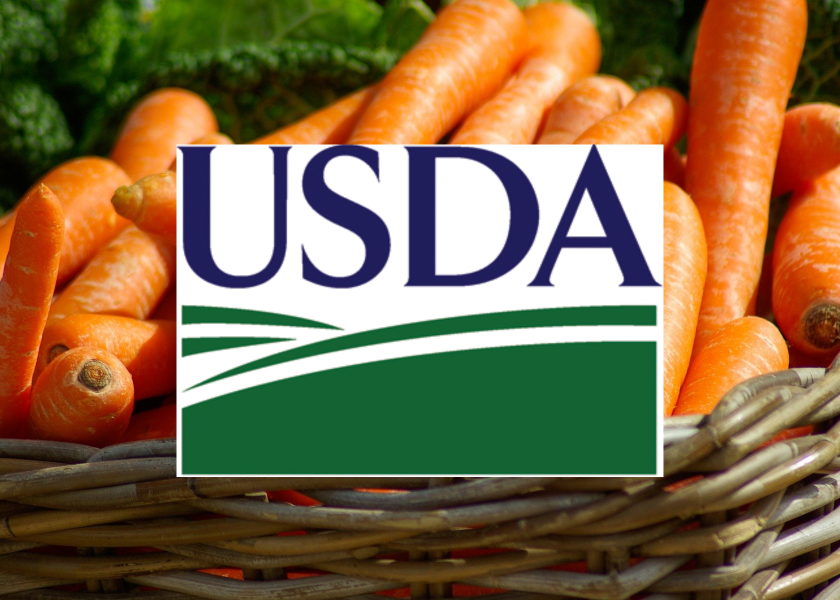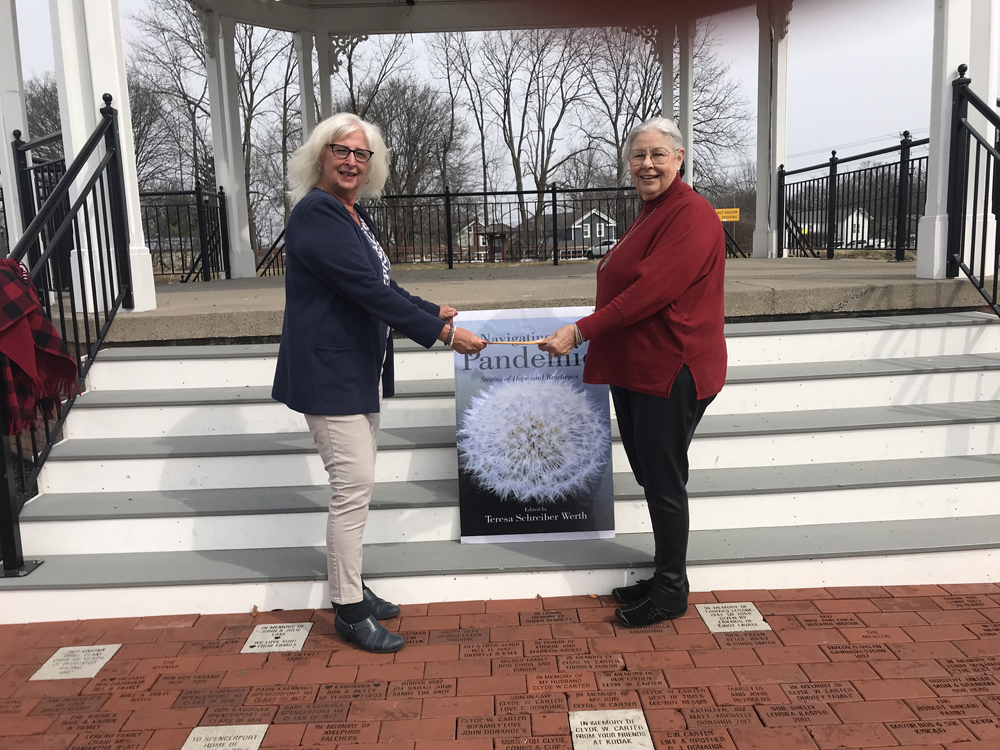USDA grants support NY’s specialty crop industry

New York State Agriculture Commissioner Richard A. Ball recently announced that more than $1.2 million in funding will support seven advanced research, education, and marketing projects to help specialty crop farms across New York State grow and remain competitive. The New York State Department of Agriculture and Markets secured the grant through the U.S. Department of Agriculture’s (USDA) Specialty Crop Block Grant program.
New York’s specialty crops include fruits, vegetables, tree nuts, dried fruits, maple syrup, and honey, and are among the state’s most valuable agricultural products. Since the USDA began the program in 2006, New York State has been awarded $16.3 million for 155 specialty crop projects across the state.
Commissioner Ball said, “New York’s specialty crops are critical to our state’s economy, environment, and way of life. The Specialty Crop Block Grant program supports the strength of these crops by investing in research, encouraging innovation, and helping our agricultural community remain competitive in an ever-changing marketplace. It is programs like these that help to ensure the continued strength of New York’s agricultural industry for years to come.”
The Specialty Crop Block Grant program is administered through the New York State Department of Agriculture and Markets, in coordination with the New York Farm Viability Institute (NYFVI). NYFVI recommended $480,000 be provided to Cornell University for five grower research and education projects that will focus on monitoring the occurrence and spread of streptomycin resistance and refinement of alternative management programs for fire blight; improving management of sour rot disease and its important insect vectors in New York wine grapes; incorporating iopesticides into vegetable disease management; implementing energy-efficient lighting control to increase the profitability of New York State commercial greenhouses; and facilitating the strength of New York’s regional hazelnut and chestnut industries through the identification of improved genetic materials and best management practices.
Cornell University was also awarded $460,000 for research on identifying alternatives to neonicotinoids and chlorpyrifos for controlling insect pests in New York’s specialty crops.
In addition, $190,000 from the Specialty Crop Block Grant program will also support the marketing and promotion of New York’s specialty crops at tradeshows.
David Grusenmeyer, Executive Director of the New York Farm Viability Institute, said: “The people of New York are fortunate to have farmers that grow a wide range of specialty crops for their tables. This year’s projects will create knowledge to help farmers better manage pests in apples, grapes, and tomatoes, grow greenhouse crops more efficiently, and build a strong foundation for New York’s tree nut industry.”
“New York fruit and vegetable growers face critical pest management challenges, accelerated by an increasingly warm, humid climate,” said Benjamin Houlton, the Ronald P. Lynch Dean of Cornell University’s College of Agriculture and Life Sciences. “These block grants provide key opportunities for our researchers to partner with New York farmers and food producers on more efficient, sustainable tools and practices to grow their crops.”
Since 2015, the NYFVI has supported the Department by administering its competitive application process. NYFVI evaluates the research proposals, reviews applications, submits recommendations to the Department, and oversees the progress of the projects. Grant funds are awarded to applicants whose projects have statewide significance to the specialty crop industry and build knowledge that will help all growers.
Provided information



